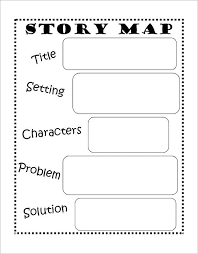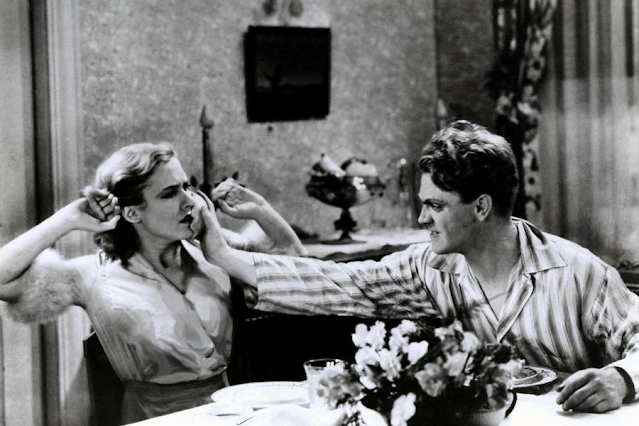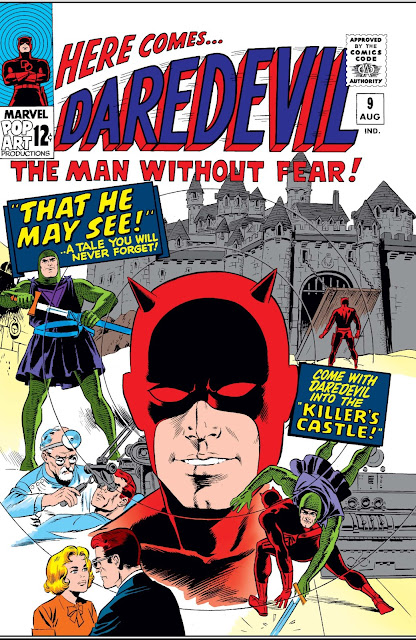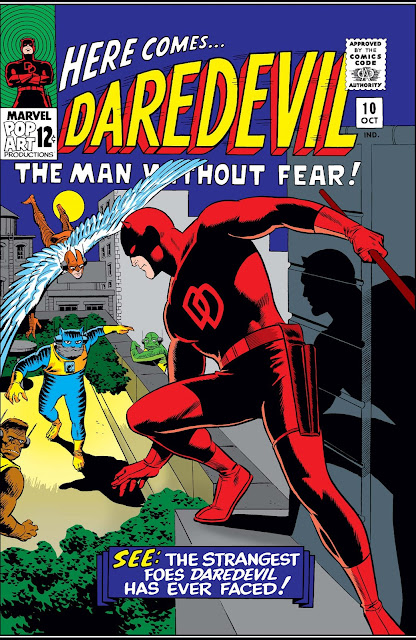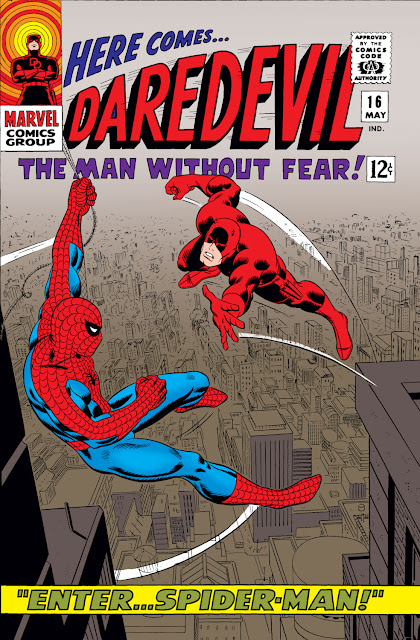One of the many attributes of successful writers and editors is the ability to meet deadlines, and the ability to meet deadlines is one of the ways I have managed to sustain a multi-decade writing and editing career. I try not to over-commit my available time, and I try to plan large projects with built-in buffers in case unexpected events—family emergencies, for example—demand my attention or a high-value project with a tight turn-around drops into my lap.
 |
| How do you keep track of projects and meet deadlines? |
On the rare occasions when it looks like I might miss a deadline, I work with my editor, publisher, or client to find a satisfactory solution. Not to be too cocky, but it’s been a long time since I missed a hard deadline.
Until three weeks ago.
Y’all were treated to one of Shifty’s animated adventures on July 12 because I whiffed the ball. I wish I had a great excuse—while on a humanitarian mission to rescue zoo animals from Ukraine, I resuscitated a penguin that had choked on a sardine, midwifed the birth of twin albino Siberian tigers, and taught a malformed baby porpoise to swim with a prosthetic tail I crafted from Mountain Dew bottles—but I don’t.
My excuse is far more mundane: I entered my SleuthSayers deadline on the wrong calendar date.
By the time the secret master of SleuthSayers emailed a reminder that my blog post was due that night, I had already shut down my computer and had shifted my attention elsewhere.
LEARNING TO JUGGLE
Meeting deadlines means learning to juggle. I edit a bi-monthly consumer magazine and a weekly newsletter, and I’m associate editor for a weekly magazine. These publications all have hard deadlines, as do the anthologies I edit. I also edit a quasi-quarterly mystery magazine, which has spongy deadlines, and I create marketing material (TV, radio, and print ads along with brochures, flyers, social media posts, and more) for a professional orchestra with constantly changing deadlines determined by concert dates and media requirements.
And in the nooks and crannies between all these deadlines I’m also writing new stories, some of which have hard deadlines (when I’m writing to invitation, for example) and some of which don’t.
Once upon a time I was able to keep all these deadlines in my head and remember what I ate for breakfast. No longer. I’ve grown older at the same time I’ve become busier, and I just can’t remember every deadline. I’m now relying on my computer’s calendar and a to-do list I keep next to my computer.
But when I fail to add something to the to-do list or I enter a deadline incorrectly into my computer calendar...well, that’s when I risk missing a deadline.
THE OTHER SIDE OF THE DESK
I have found ways to ensure that I (nearly always) meet my deadlines, but as an editor I find it difficult to ride herd on writers. Professional writers know that editors have deadlines. We can’t publish anthologies, magazines, and newsletters with blank pages. And, unless you’re George R.R. Martin writing the next volume of the A Song of Ice and Fire series, not many editors are willing to wait until you get around to putting words on paper. We’re going to press with you or without you.
But beginning and early career writers don’t always understand how important it is.
Get a reputation as someone who fails to deliver promised manuscripts on time, fails to approve copyedits and page proofs on time, fails to show up on time for a panel, or fails to meet any of dozens of other deadlines and commitments that are part and parcel of being a professional writer and the opportunities will slowly disappear.
And that once-promising career becomes nothing but memory dust.
I stumbled. I’ll recover. And I’ll turn in this post several days early.
But what about you? How do you keep track of your deadlines?
My story “Sparks” appears in the Summer 2022 issue of Vautrin.
My co-authors’ blog posts for AHMM and EQMM appeared the same week. Read Sandra Murphy’s “Add (Your) Life to Your Writing” at Something is Going to Happen and James A. Hearn’s “A Writer’s Tears” at Trace Evidence.
And I’m moderating a panel at Bouchercon next month. “Groovy Kind of Death: Murders Set in the 60s/70s” is scheduled for 1:45-2:30 p.m., Thursday, and panelists include Lou Berney, Wanda M. Morris, Richie Narvaez, Marcie Rendon, and Gabriel Valjan.








